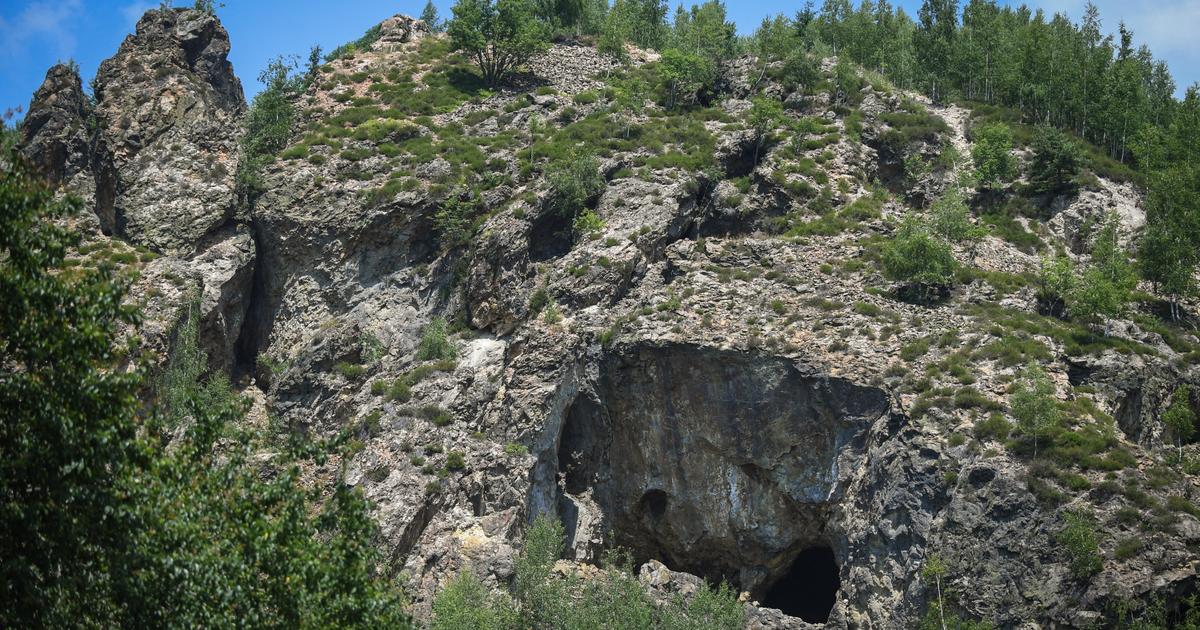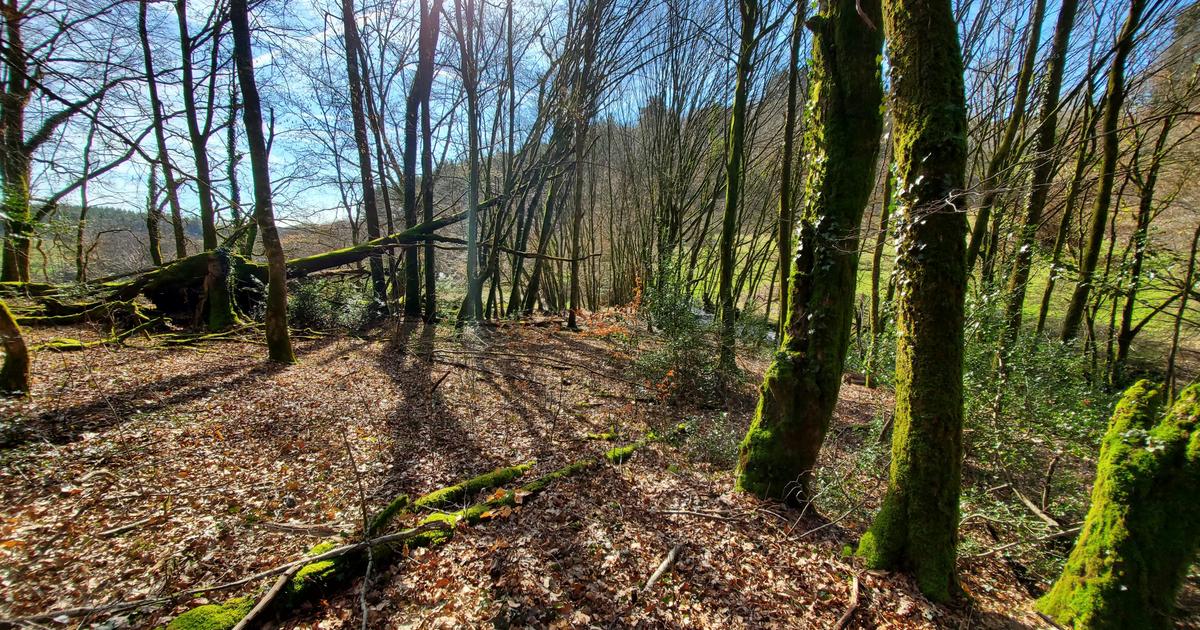Little time? At the end of the text there is a summary.
On many tourist maps, the route is marked in green as a sign that it leads through an area with a particularly beautiful and original landscape. That was once. Today it is a route along the way of exploitation of nature.
On the way in the 40 kilometer long and densely populated Trotus Valley in the Romanian Eastern Carpathians: here came in the past two decades regularly catastrophes: After rains slipped off mountain slopes, mudslides rolled through villages and washed the overflowed Trotus River whole House lines away. The cause: massive logging, which led to a loss of large forest areas and excessive soil erosion.
"Actually, logging is the wrong word," says the man at the wheel of the car, while he points to the left and right of the road again and again on bare mountainsides. "The correct term for it is: forest destruction."
Until three years ago, the driver was forest inspector at the state Romanian forestry monopoly Romsilva. When he investigated in the local district of Bacau for illegal forest return, he says, he was sent to early retirement in 2014. He does not want to see his name published - too often he has received threats.
The Holzmafia uses leeway and gaps in the law
imago / EST & OST
"For many years, the forest in Romania has been ruthlessly cut down," he sums up the situation. "It used to be done in an open disregard of the law - it's not that easy anymore, but the wooden mafia cleverly exploits leeway and gaps in the law, and corrupt politicians and government officials are covering it." So more and more forest is disappearing . "
The former forest inspector is just one of many who make such allegations. Environmentalists in Romania are raising the alarm.
The reasons for this are diverse:
- The sanctions and fines for illegal logging and illegal timber trade were significantly reduced by law, some completely abolished.
- Satellite-based data reconciliation, the most important feature of the 2014-implemented wood tracking system SUMAL, which also allows private users to detect and display illegal logging and transport, has become unavailable since August.
- Several times in recent months, illegal forests have been cut down in protected national parks and virgin forests.
- Timber suppliers use extensive afforestation provisions to clear land; In some cases, forest owners deliberately provoke damage in their forests in order to cut down.
Lasche checks and corrupt returns of forest
Getty Images
In the Romanian Carpathian regions, the problem of large-scale deforestation has been obvious for many years. The main causes include lax controls and the profoundly corrupt practice of returning the once-nationalized forest to real or supposed owners or their heirs, who then often make quick money with deforestation.
In the spring of 2015, international environmentalists made clear that environmentalists were the main wood processors in the country, "Holzindustrie Schweighofer", which systematically bought up illegally felled timber. The Austrian company, which processes around 20 percent of the Romanian woodpile every year, initially denied the allegations, but at the beginning of this year admitted to "irregularities in the upstream supply chain". In February, Schweighofer lost the FSC seal of approval for sustainable forestry.
In the meantime, company spokesman Thomas Huemer assures DER SPIEGEL, they have presented a "comprehensive catalog of measures to combat illegal logging in Romania to the public". This goes far beyond the legal requirements of the country. Schweighofer, for example, introduced the GPS-based timflow tracking system for suppliers, which should virtually exclude illegal timber purchasing.
Bold cases of manipulation of data
Many environmentalists are skeptical. "So far, the origin of timber in Romania can only be traced from the point of loading, not from where it was hit," says Raluca Vestemeanu from the De-Clic initiative, which launched a boycott call for Schweighofer products in Romania last year. Therefore, according to Vestemeanu to SPIEGEL, systems such as SUMAL or Timflow are no guarantee against illegal logging.
The fact that it is still widespread is not even denied by Romanian authorities. The extent is unclear. According to the Ministry of Water and Forests, the volume of seized illegally harvested timber dropped from around 900,000 cubic meters in 2013 to just under 200,000 in 2016. However, the number of individual inspections reported fell drastically over the same period - from 915,000 to 190,000.
In any case, wood suppliers are increasingly resorting to legal tricks, says forestry engineer Octavian Berceanu, who works as an environmental officer for the alternative party "Vereinigung Rettet Rumänien '(USR). For example, forestry plans often manipulate data such as the age of trees or the amount of usable wood.
The Romanian state apparently fears the environmental consequences less than the national anger over the clear-cut. When the Department of Water and Forests shut down satellite-based data reconciliation in the SUMAL system in August, the rationale was that the system was not mature, there were too many citizens reporting illegal logging that would turn out to be false. That's why it needs to be revised.
Nonsense, says the Bucharest IT specialist Bogdan Micu, who has programmed the SUMAL system, it worked very well, apparently too good. "That was just a pretext," said Micu, "in reality, it's about not coming to light how much wood is still illegally struck."
In summary: For years, large parts of Romania's forests have been cut down, partly illegally. The wooden mafia obviously makes use of leeway and gaps in the laws. In the view of environmentalists, politics does not do enough to counteract this.
Editor's note: In an earlier version of the article, other percentages for the processing of the Romanian timber harvest were indicated by the Schweighofer Group. We changed the position.


/cloudfront-eu-central-1.images.arcpublishing.com/prisa/WIB2WEVTQRCX7HJT2K5XKMZVGE.jpg)






